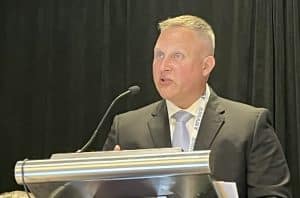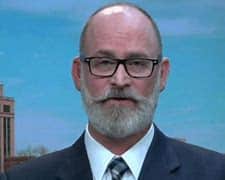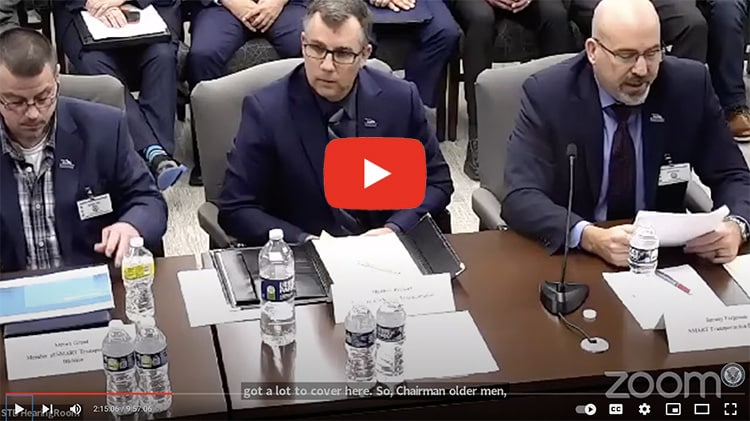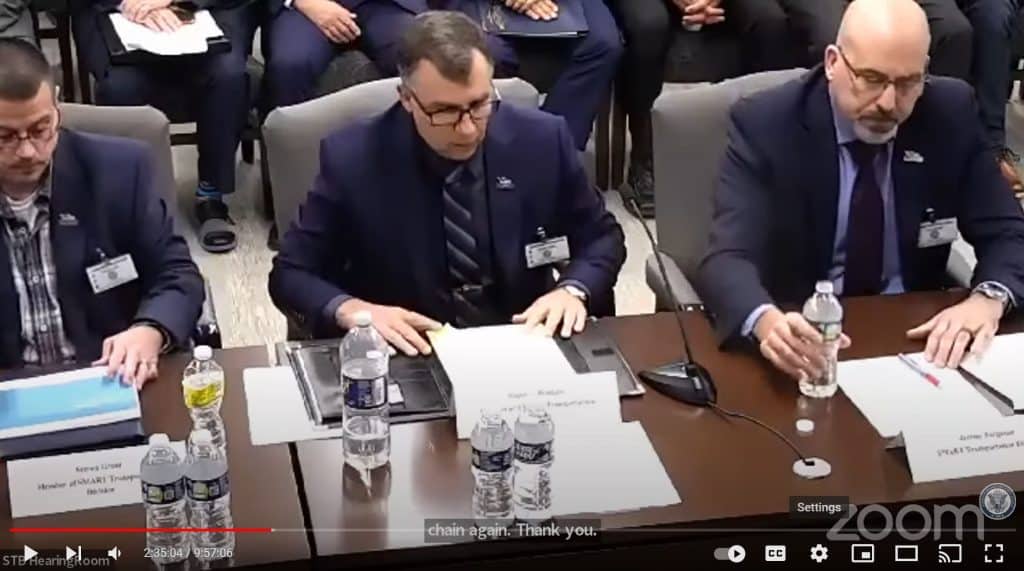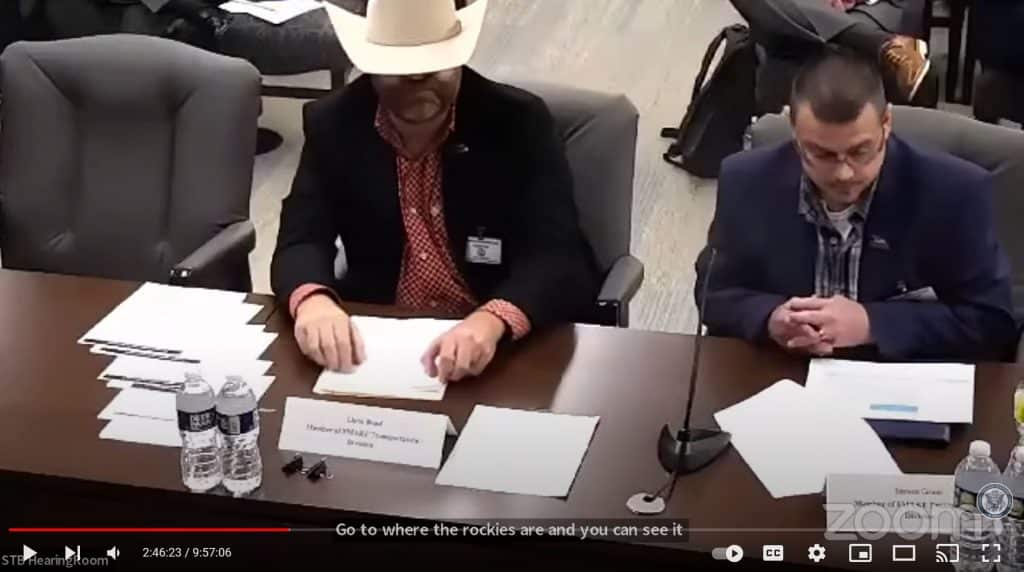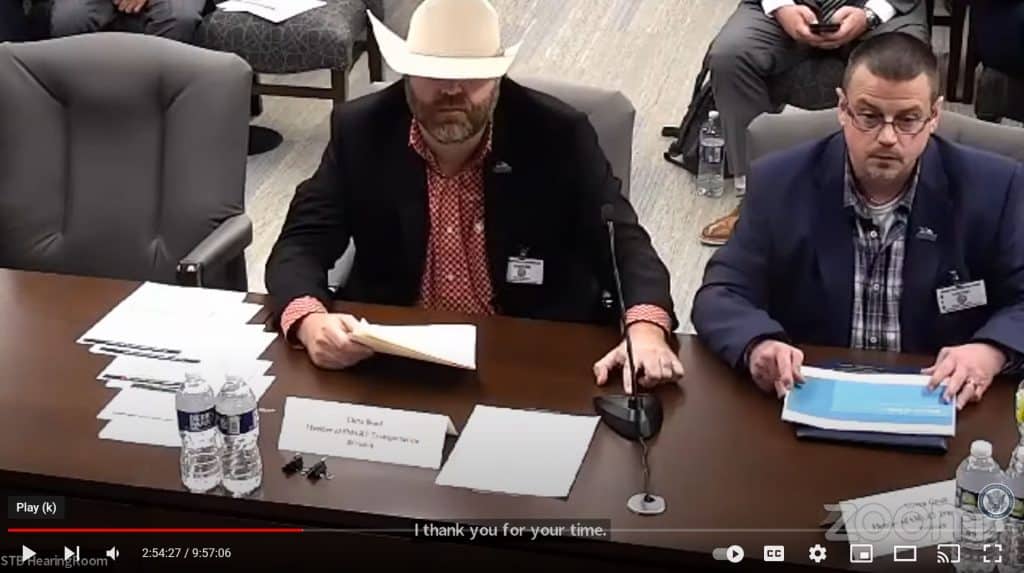CALIFORNIA – Today, the California High-Speed Rail Authority (CAHSRA), which oversees the largest high-speed rail project under construction in North America, announced a ground-breaking agreement with 13 rail unions to utilize rail workers covered by federal railroad labor laws in critical jobs once trains begin to operate. The Memorandum of Understanding (MOU) ensures that highly skilled rail workers will perform all traditional railroad work such as operating trains, engineering work, maintenance of equipment, dispatching, on-board service and clerical work.
“We are proud that this agreement guarantees our right to organize workers, including reasonable access to the jobsite for union organizing, and establishes a pathway to voluntary employer recognition of the union. Further, the agreement ensures that workers will be covered by bedrock federal rail labor laws, including the Railway Labor Act, the Railroad Retirement Act and the Railroad Unemployment Insurance Act,” said the High-Speed Rail Labor Coalition, which consists of 13 rail unions representing more than 160,000 freight, regional, commuter, and passenger railroad workers. “California is the birthplace of high-speed rail in America. Despite the robust support of the citizens of California, CAHSRA has faced many obstacles since the project’s initial launch. We commend CAHSRA for overcoming these challenges and achieving substantial progress, including today’s momentous agreement, and we look forward to our continued partnership.”
This agreement follows an existing Project Labor Agreement between CAHSRA and building trades unions to utilize union workers on the construction side, furthering the project’s commitment to employing highly skilled union workers and maintaining fair labor standards. The project is already responsible for the creation of over 11,000 jobs, including high-skilled construction jobs and other industry-related work, and this agreement brings hundreds of additional good union jobs to the California Central Valley.
“The Authority is proud to continue its tradition of working with labor unions and we are pleased to have reached this important agreement that ensures we have the highest quality working conditions for our highly trained and qualified workers,” said Authority CEO Brian Kelly. “This is essential to ensuring that California’s high-speed rail system will be operated with the safest and highest quality of service for our passengers,” said Brian Kelly, CEO of the CAHSRA.
Phase 1 of the project will cover 500 miles and run service from San Francisco to the Los Angeles Basin in under three hours. Upon full completion, the project will stretch 800 miles, extending to Sacramento and San Diego. The zero-emission trains will be 100% powered by renewable energy, reaching speeds in excess of 200 miles per hour.
“As the nation’s largest transportation labor union federation, we are proud to support monumental projects like the California High-Speed Rail Project, which will deliver a modern, efficient, and green transit system while putting skilled union members to work,” said Greg Regan, president of the Transportation Trades Department of the AFL-CIO.
In the midst of the largest expansion of transportation and infrastructure in our country’s history, including a record level of federal investment in passenger rail transportation, today’s agreement establishes a precedent for future high-speed rail agreements between public entities and rail unions. As it works to deliver high-speed rail to the American public, CAHSRA simultaneously will set the standard for high-quality work and labor practices.
The High-Speed Rail Labor Coalition includes the following 13 rail labor unions: the Brotherhood of Maintenance of Way Employes Division (BMWED), Brotherhood of Railroad Signalmen (BRS), International Association of Sheet Metal, Air, Rail and Transportation Workers-Mechanical and Engineering Department (SMART-MD), National Conference of Firemen and Oilers 32BJ/SEIU (NCFO), Transportation Communications Union (TCU), International Association of Machinists and Aerospace Workers (IAM), Brotherhood of Railway Carmen (BRC), International Brotherhood of Boilermakers (IBB), Transport Workers Union of America (TWU), American Train Dispatchers Association (ATDA), International Association of Sheet Metal, Air, Rail and Transportation Workers-Transportation Division (SMART-TD), Brotherhood of Locomotive Engineers and Trainmen (BLET), and International Brotherhood of Electrical Workers (IBEW).
